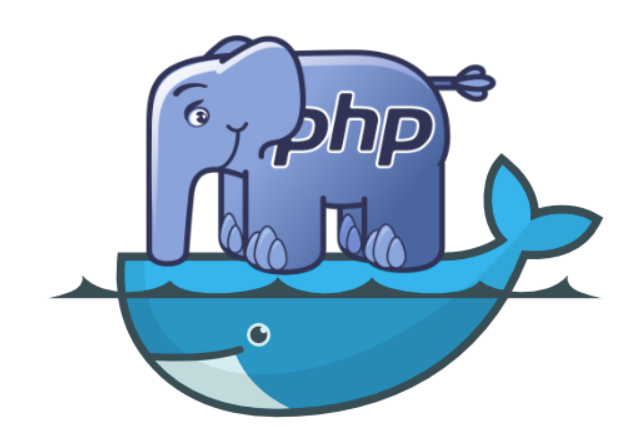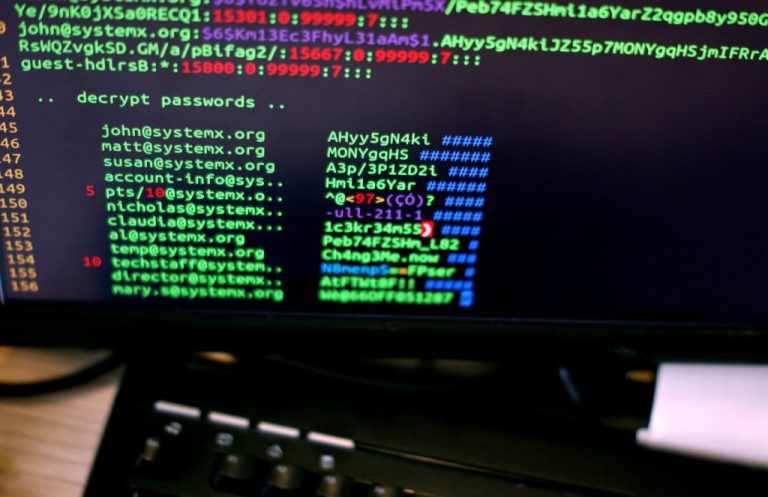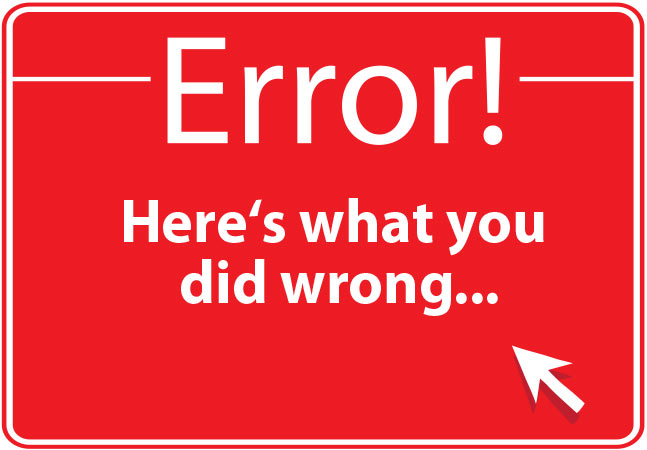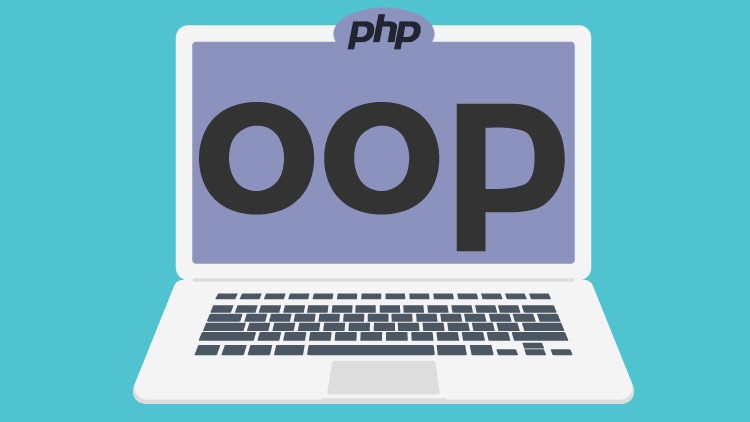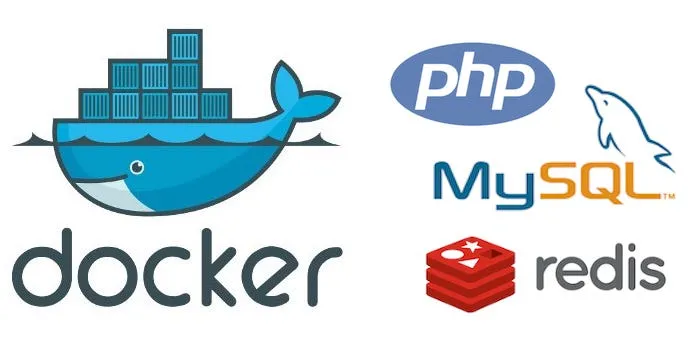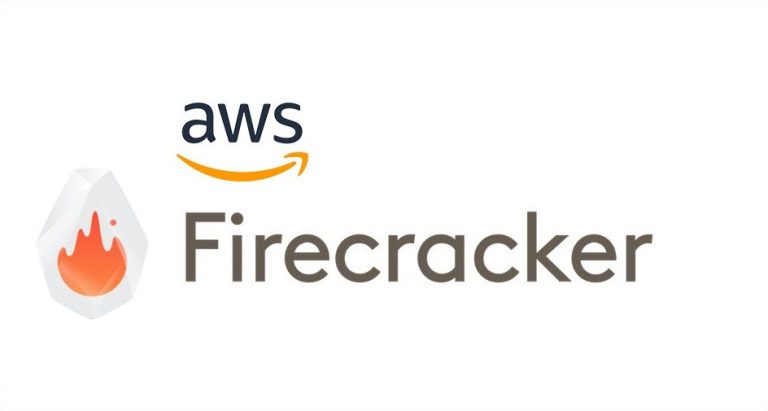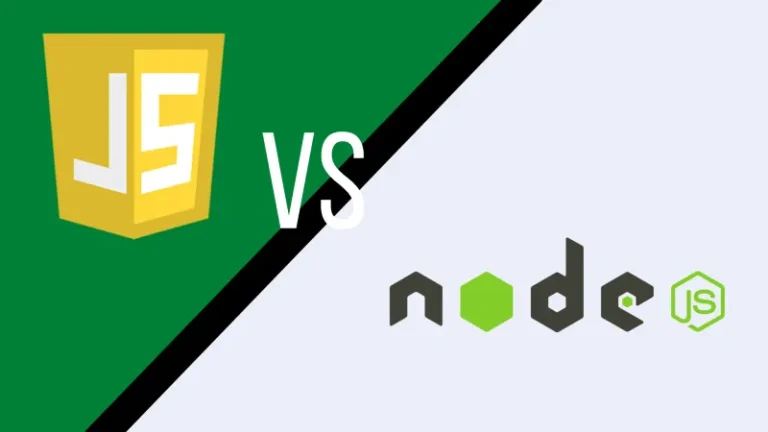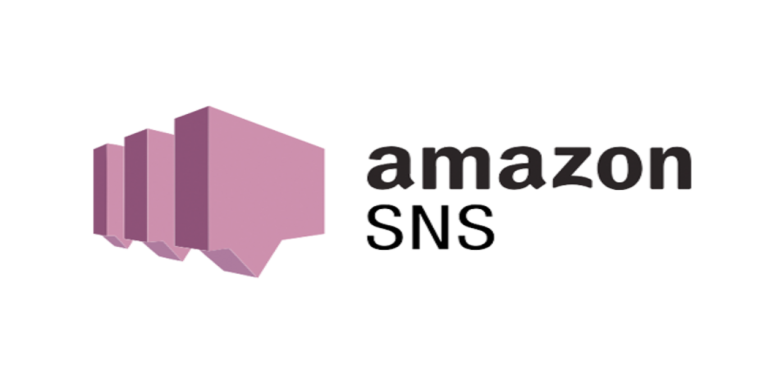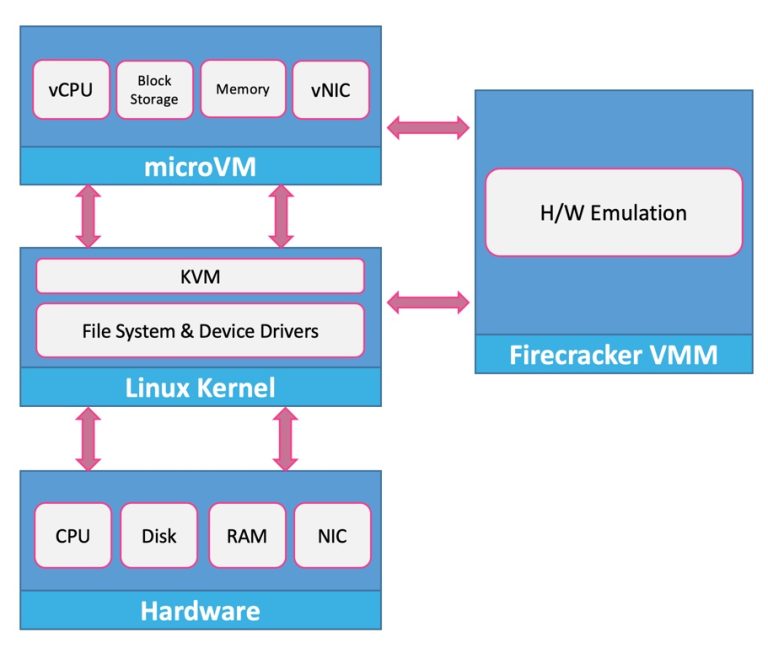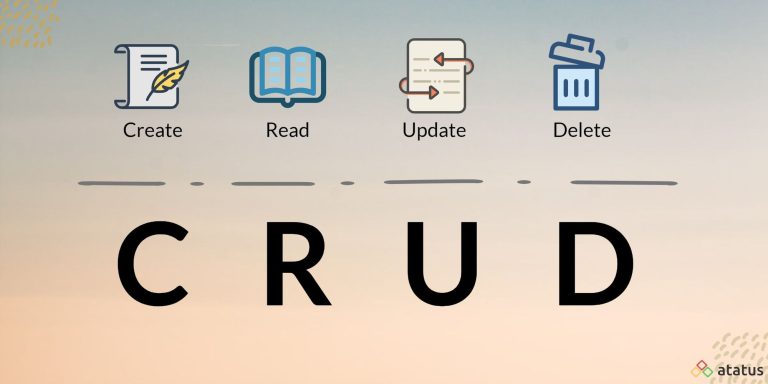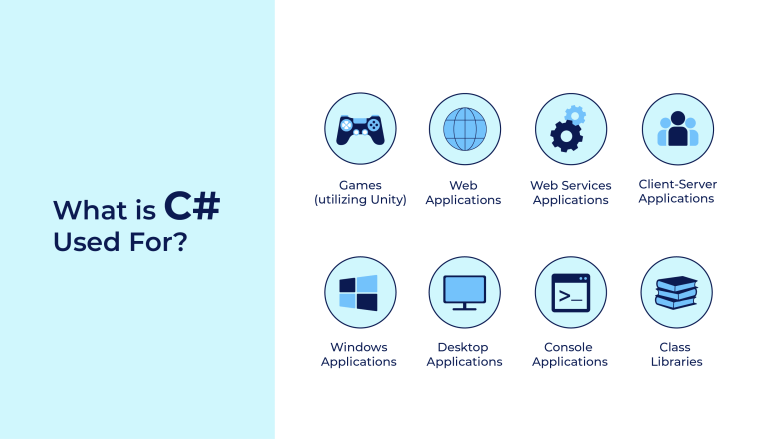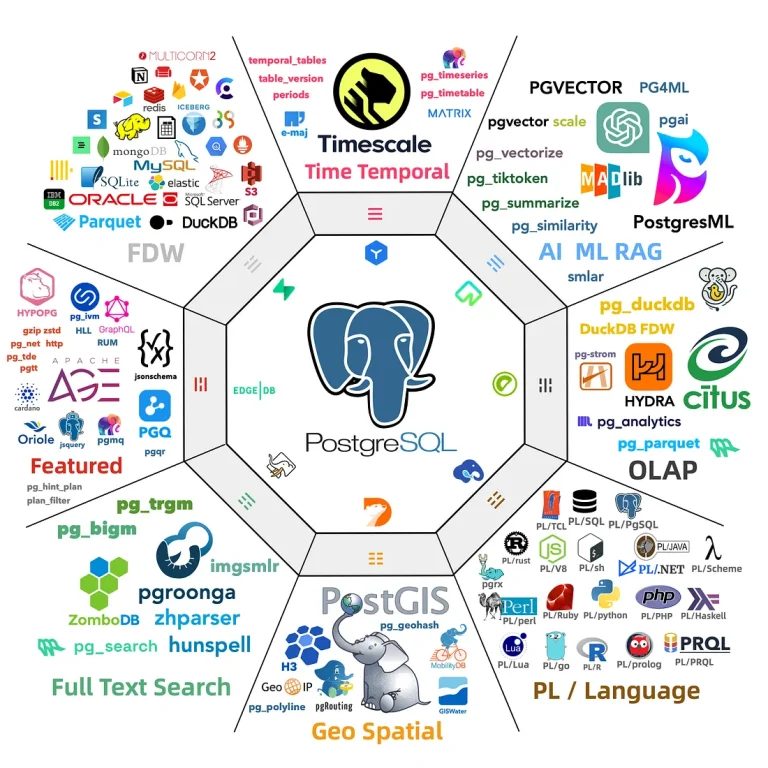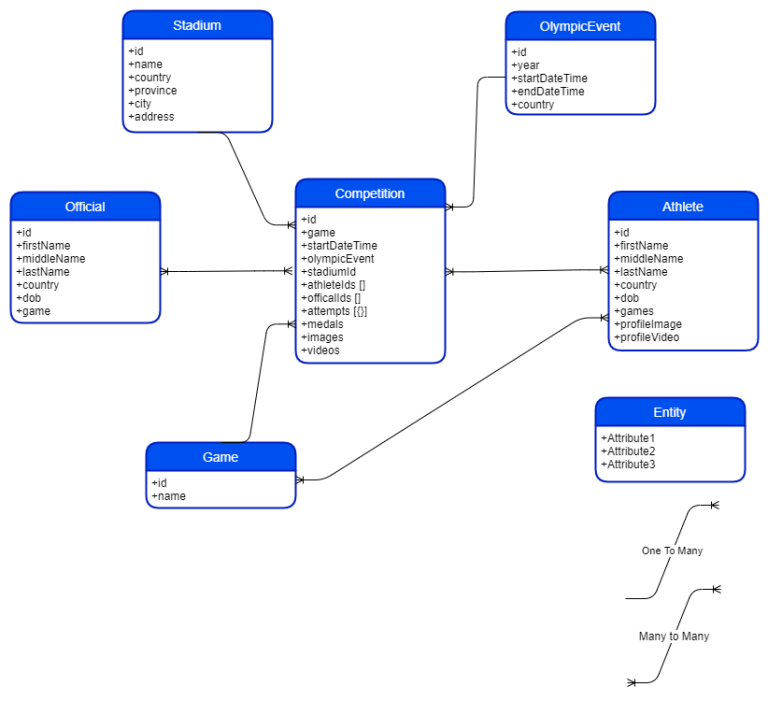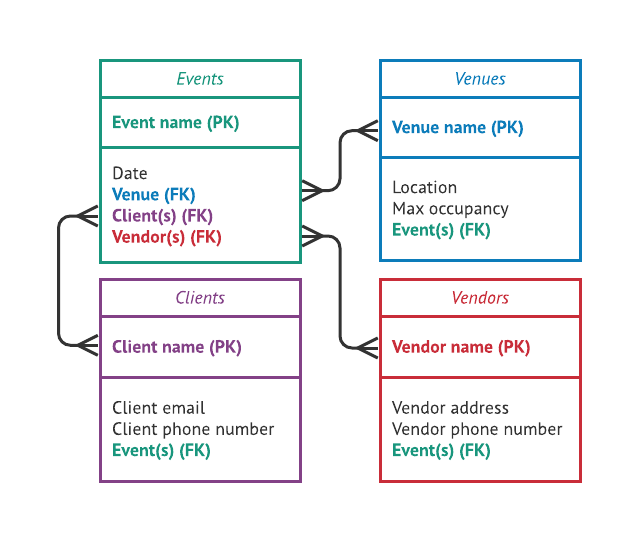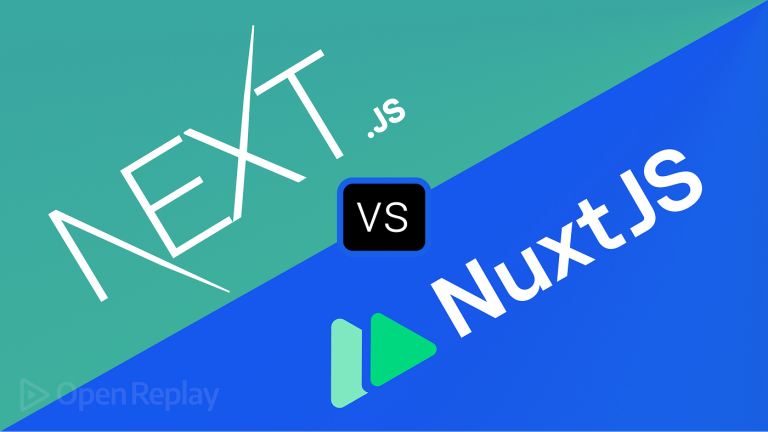Introduction:
In the ever-evolving landscape of web development, legacy projects often require specialized attention, especially when dealing with older PHP versions like PHP 5.6. Docker emerges as a powerful companion for managing dependencies, ensuring consistency, and facilitating the deployment of PHP 5.6 applications. In this article, we’ll explore the symbiotic relationship between Docker and PHP 5.6, providing insights into best practices and practical tips for navigating the seas of legacy code.
The PHP 5.6 Landscape:
- Legacy Challenges: PHP 5.6, though considered outdated, powers numerous existing applications that may require maintenance, bug fixes, or modernization.
- Security Considerations: PHP 5.6 has reached its end-of-life, making security updates unavailable. Docker can help mitigate security risks by encapsulating and isolating the environment.
Creating a Dockerfile for PHP 5.6:
- Selecting a Suitable Base Image: Choose an official PHP 5.6 base image to serve as the foundation for your Dockerized application.
- Configuring Work Directory: Use the
WORKDIRinstruction to define the working directory inside the container. - Copying Application Code: Employ
COPYto transfer the PHP 5.6 application code into the container. - Installing Dependencies: Leverage
RUNcommands to install required extensions and dependencies compatible with PHP 5.6.
# Use an official PHP 5.6 image
FROM php:5.6
# Set the working directory to /var/www/html
WORKDIR /var/www/html
# Copy the current directory contents into the container at /var/www/html
COPY . .
# Install any needed extensions and dependencies
RUN apt-get update \
&& apt-get install -y \
<your-dependency> \
&& rm -rf /var/lib/apt/lists/*Handling Deprecated PHP Features:
- Code Refactoring: Address deprecated features and syntax in the PHP 5.6 codebase, considering future PHP versions.
- Error Reporting: Adjust error reporting settings in the Dockerfile to catch and log potential issues during the migration process.
Docker Compose for PHP 5.6 Applications:
- Service Definition: Utilize Docker Compose to define services for PHP 5.6 applications, including web servers, databases, and other dependencies.
- Environment Variables: Specify environment variables, ports, and configurations in the
docker-compose.ymlfile. - Database Integration: Configure a separate service for the database (e.g., MySQL) if required.
version: '3'
services:
web:
build: .
ports:
- "80:80"
db:
image: mysql:5.6 Database Interaction and Compatibility:
- Adjusting Database Drivers: Ensure that database drivers compatible with PHP 5.6 are used in your application.
- Database Configuration: Update database connection settings in the PHP code to align with the requirements of PHP 5.6.
Optimizing Docker Images for PHP 5.6:
- Layer Caching Strategies: Leverage Docker’s layer caching to optimize image builds and reduce redundancy.
- Alpine Linux Variant: Consider using Alpine Linux-based PHP 5.6 images for lightweight containers.
Running PHP 5.6 Applications in Docker:
- Launching Containers: Use Docker commands or Docker Compose to build and launch containers for PHP 5.6 applications.
- Debugging and Logging: Implement debugging tools and comprehensive logging to facilitate troubleshooting within the Docker environment.
Security Considerations and Risk Mitigation:
- Limited Security Updates: Acknowledge the limited security updates for PHP 5.6 and implement additional security measures, such as firewalls and container security best practices.
- Regular Code Audits: Conduct regular code audits to identify and address vulnerabilities in the PHP 5.6 codebase.
Testing Strategies for PHP 5.6:
- Unit Testing: Implement unit tests for critical components of the PHP 5.6 application to ensure functionality.
- Integration Testing: Execute integration tests within Docker containers to verify the compatibility of different application components.
Conclusion: Navigating Legacy Waters with Docker and PHP 5.6:
Docker provides a lifeline for PHP 5.6 applications navigating the seas of legacy code. By encapsulating dependencies, ensuring consistency, and offering a standardized environment, Docker facilitates the maintenance and transition of PHP 5.6 projects, allowing them to sail smoothly even in the face of changing tides in the web development

